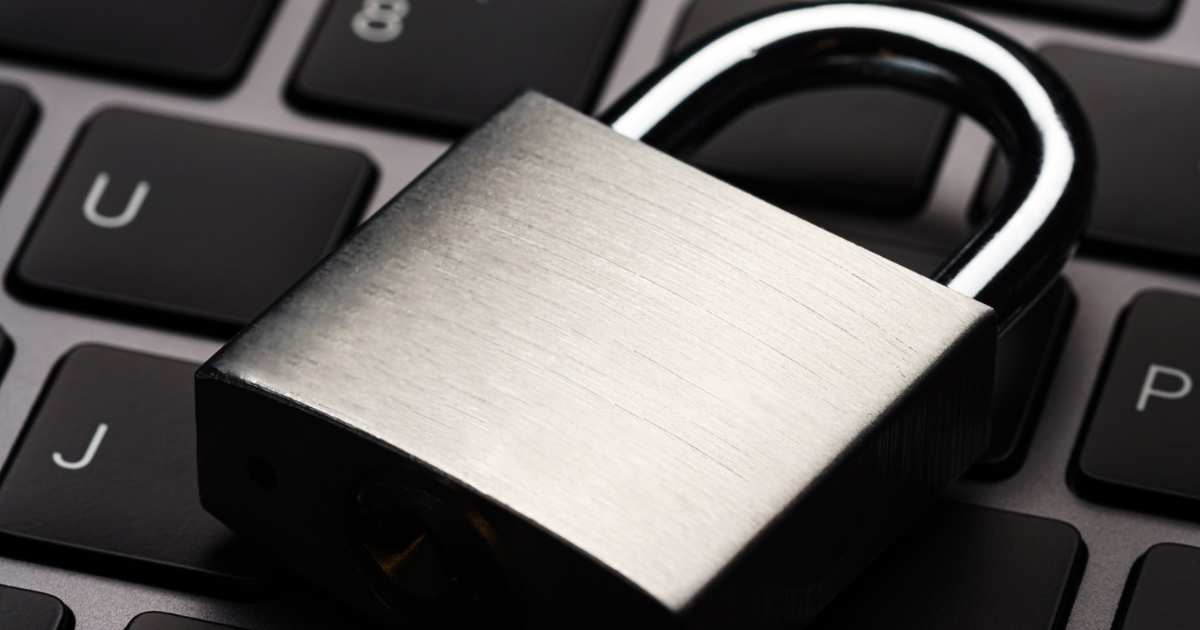
In the year 2025, cybersecurity concerns are not only for large companies with expensive technology stacks. For small to medium-sized enterprises (SMEs), cybersecurity is no longer a nice-to-have but an essential tool to help them keep the business, employees and customers safe. One way to showcase that you have cybersecurity tools in place is to get a cybersecurity certification.
What is Cybersecurity Certification?
Cybersecurity certification for businesses involves obtaining recognised credentials for the organisation or for its employees to demonstrate that the business meets specific standards for protecting digital assets from cyber threats.
Having a cybersecurity certification also offers SMEs a way to get ahead of their competition, especially those with online stores or e-commerce portals.
In this article, we look at cybersecurity certification for SMEs and why it’s important to have it.
Why SMEs Should Get Cybersecurity Certifications
Here are some of the benefits of getting a cybersecurity certification for your SME.
1. Enhanced Trust and Credibility
Acquiring cybersecurity certification shows your customers, partners and stakeholders that the business takes the protection of sensitive information seriously. It also serves as tangible evidence of your business’s commitment to maintaining a secure environment for conducting business transactions and safeguarding user data.
2. Regulatory Compliance
Many sectors have strict regulations regarding the protection of sensitive information. Cybersecurity certifications often align with these regulations, ensuring that your business remains compliant with relevant laws and regulations.
3. Risk Mitigation
Cybersecurity certifications involve implementing best practices and robust security measures to protect against cyber threats such as email phishing. By following established frameworks or guidelines, you can effectively identify and mitigate any risks, ensuring security for your business.
4. Competitive Business Advantage
Your customers are aware of cybersecurity threats and are increasingly concerned about the security of their personal information. By prioritising cybersecurity and holding relevant certificates, you can gain an advantage over your competition.
5. Constant Improvement
Achieving cybersecurity certifications means businesses have to undergo rigorous assessment processes and adhere to established standards. This encourages a culture of continuous improvement within your business and enables improved monitoring, evaluation and enhancement of cybersecurity practices.
The benefits of having a cybersecurity certification go beyond the above. The most important thing is that it gives your customers a sense of security when it comes to their data and protects your business from any risks.
Consequences of Not Investing in Cybersecurity
These are some of the consequences that can occur if you don’t invest in cybersecurity.
1. Data Breaches
A data breach is a security incident in which sensitive, private or protected data is copied, transmitted, viewed, stolen or used by an unauthorised individual. A data breach can occur in many ways, with hacking, malware, phishing or network infiltration attempts being the most common in South Africa.
2. Intellectual Property Loss
Intellectual property is a work or invention that is a result of creativity to which one has rights. Without robust cybersecurity measures, you could lose your intellectual property, which could lead to loss of competitive advantage, decreased profitability and in some cases legal action.
3. Compliance Fees
Cybersecurity is a big factor in compliance, especially in the digital age. If your business is not compliant with cybersecurity regulations, you may be subject to out-of-compliance fees. These fees can be significant, and they add up to large amounts if you are not proactive in your cybersecurity efforts.
4. Business Disruptions
Disruptions to your business can be costly. Minimise this risk by having robust cybersecurity measures in place. These measures should include a method for communicating with customers and employees, a way to restore critical systems and a way to prevent future outages.
Top Cybersecurity Certification for SMEs
Here are some of the top cybersecurity certifications that your business should get.
ISO 27001 Certification
ISO 27001 Certification is a globally recognised standard for Information Security Management Systems (ISMS). It provides a framework for establishing, implementing, maintaining and consistently improving information security within a business.
Requirements:
- Your business must establish an ISMS based on the ISO 27001 framework. This framework includes defining security policies, objectives, processes, and procedures to manage information security risks effectively.
- Conduct a robust risk assessment to identify and prioritise information security risks.
- Implement a set of security controls and measures to address identified risks.
- Continuously monitor and review the effectiveness of the ISMS.
How to get ISO 27001 certified
- Conduct a gap analysis of your business’s current security against the ISO 27001 requirements.
- Develop and implement the necessary policies, procedures, and controls to establish an ISMS aligned with ISO 27001 requirements.
- Conduct an internal audit to evaluate the effectiveness of the implemented ISMS.
- Engage a third-party certification body to perform a certification audit.
The ISO 27001 certification is the most widely recognised certification in the world. Most businesses leverage it to showcase how they value their cybersecurity measures. In terms of other certifications, most have been developed for specific regions, such as the SOC 2 and NIST Certifications.
No matter how small your business is, you have to take cybersecurity into account. If you have a cyber breach and lose important data, it could lead to your business closing, loss of customers and most importantly, you could lose profits.






